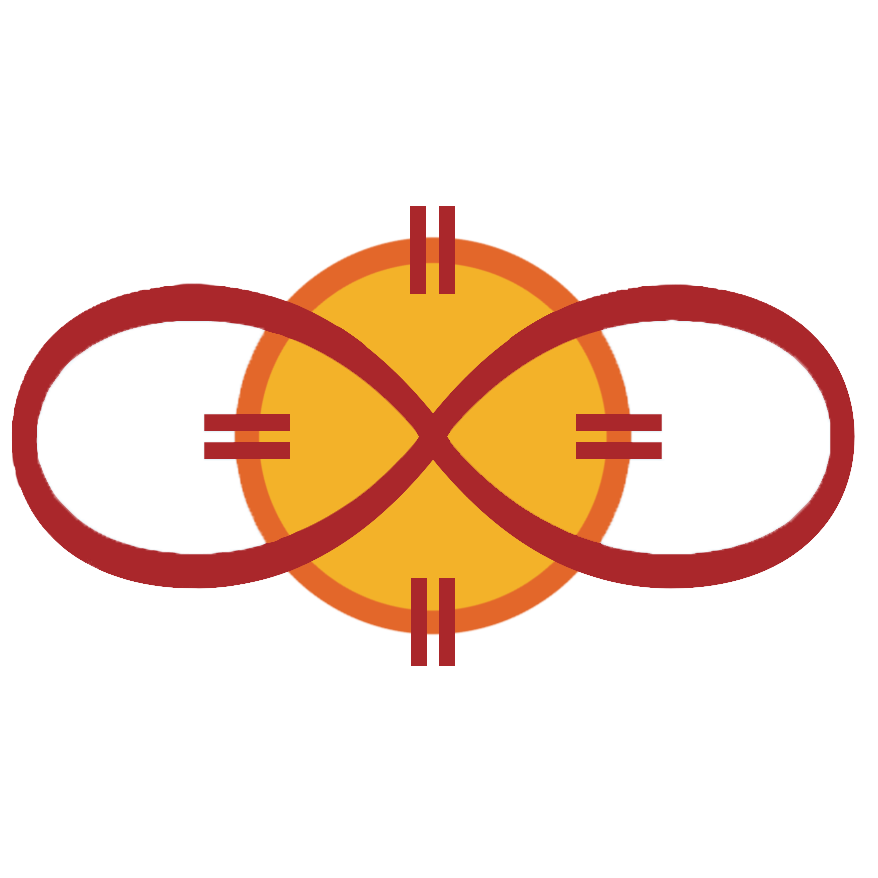Our Vision:
Relationship is at the heart of learning
Native Science is a study of the natural laws of interdependence, perceived through the holistic lens of Indigenous consciousness. Scientific knowledge is embedded in Indigenous art forms transmitting the intelligences of the living world in symbol, glyph, form, sound and movement.
The planting cycles followed by Indigenous women for centuries emerged from their relationship with the moon and the stars. They codified their observations in embroidery and weavings. A single piece of cloth carries a knowledge of astronomy, mathematics, chemistry, entomology, etc., and how they relate. Polynesian voyagers reveal their mastery of ocean-ography, meterology, atmospheric physics, and astronomy as they practice celestial navigation across an open sea.
To create a sculpture, a basket, canoe, mask, painting, photograph, dance; to hear the corn’s song when pollinating, to embody movement that cultivates the grasses, to understand the sound rice makes when it is ripe for harvest, to know the tree you may take and how to take it, leaving everything else in balance and good health, you must have a connection to place that is intimate and fulfills the obligations, duties and pleasures of good relationship. There must be the willingness, discipline, and character necessary to nourish and renew the intricate web that creates and maintains the whole in harmony and balance. .
Academy Founding Director, Rose Thater Braan-Imai (Tuscarora) with Master canoe builder Joe Martin (Nuu-chah-nulth) at his carving shed in Tofino, British Columbia.
“Traditional and local knowledge systems, as dynamic expressions of perceiving and understanding the world, can make and historically have made, a valuable contribution to science and technology. ”
The Garden’s educational programs, will be conducted as Learning Lodges and offer the opportunity to study with revered Artist/Knowledge Holders and Native scholars following the values, traditions, philosophies and protocols of the indigenous learning process.
Follow us on this site and soon on social media to learn about how you can volunteer, attend special events, meet visiting artists, attend a Learning Lodge, donate and keep up with how the garden is growing
Credits:
Corn Woman sculpture in banner - Nora Yazzie
All other sculptures - Tim Paul


